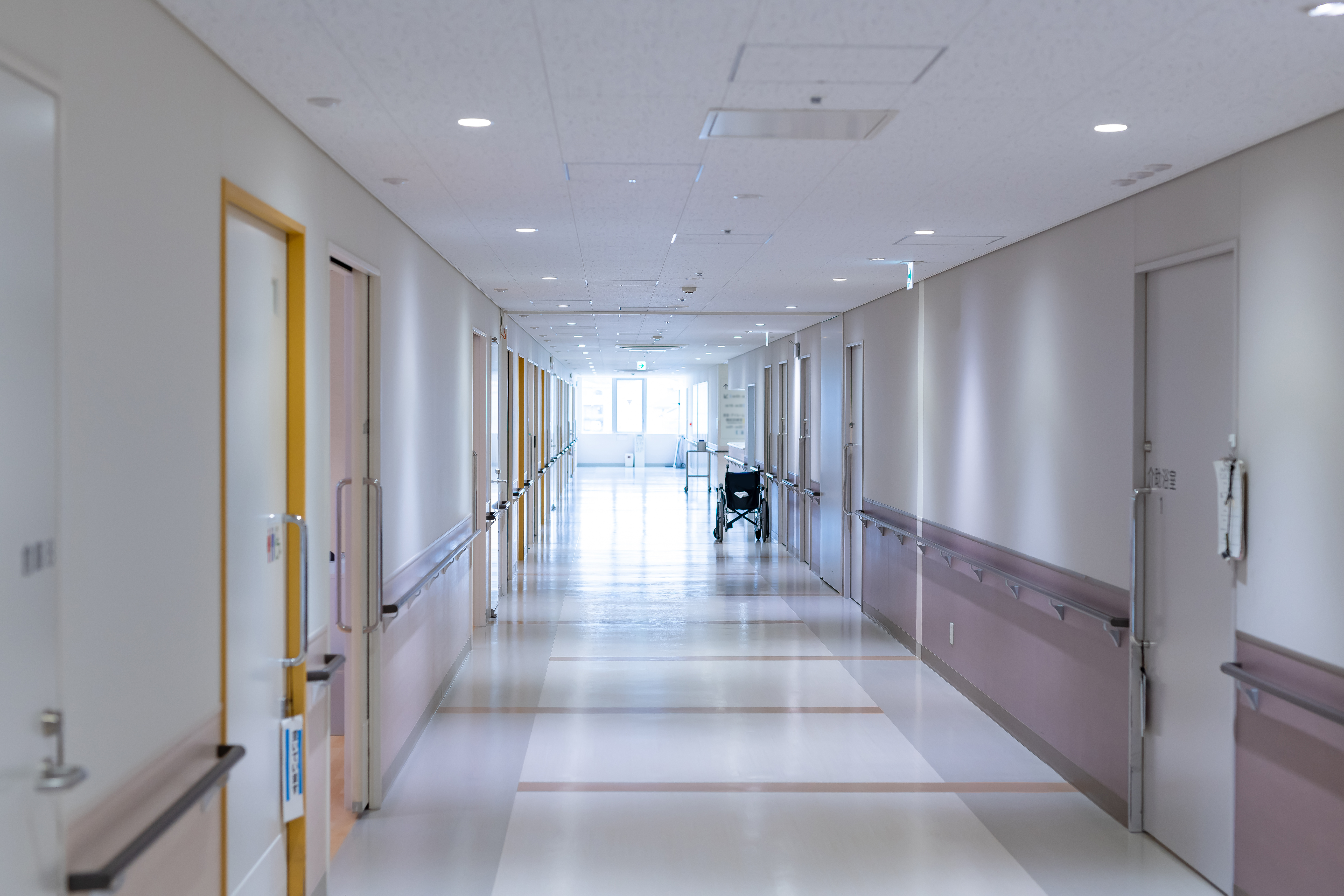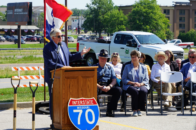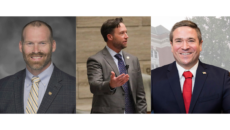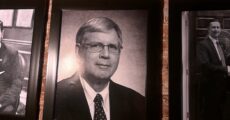As our economy begins to rebound from the COVID-19 pandemic and after months of social unrest behind the tragic and unnecessary deaths of people of color, communities across the state and nation look for ways to make diversity, equity, and inclusion a daily commitment and central to our culture. It becomes even more imperative for Missouri that our policymakers and elected officials protect the Property Assessed Clean Energy (PACE) program.
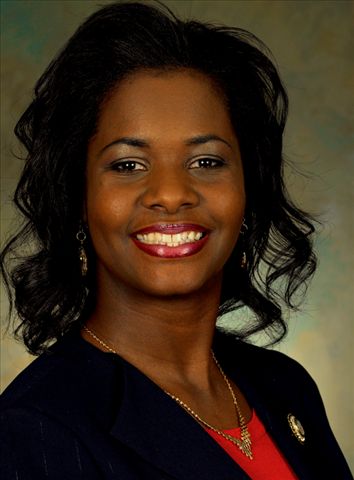
Born and raised in North St. Louis and having the privilege to serve as a member of the Missouri House of Representatives, I have a unique perspective on how important it is for our underserved communities to have access to affordable financing. In Missouri, I have seen firsthand how PACE performs a crucial role in helping to meet the needs of our communities — in particular, our communities of color. The city’s PACE program, Set the PACE St. Louis, and the county’s Missouri Energy Savings Program both offer accessible, affordable financing for homeowners to make vital energy improvements to their homes. This is especially important for people of color and disadvantaged persons who have a harder time getting other types of financing and at times when they need it the most: replacement furnaces in blistering cold winters, air conditioning repairs during sweltering summers, and roof replacements during, well, any season in Missouri.
For decades, systemic biases in traditional lending have forced communities of color to pay more for access to capital, disproportionately denying homeowners for lending products like second mortgages and home equity loans because of latent discriminatory filters. Other financing options available to low credit score borrowers like credit cards are 2-3 times more expensive than the cost of financing through PACE. And homeowners with lower credit scores are charged higher interest rates, making the higher cost of capital akin to a “redline tax” for these property owners.
PACE, on the other hand, is an innovative financial tool that gets past old systemic biases because, unlike traditional lending, the terms and rates are the same for everybody regardless of age, zip code, ethnicity, gender, and credit score. This is the type of forward-looking program our state needs to advance equity in the marketplace.
More importantly, PACE providers have made diversity, equity, and inclusion a central tenet of their programs. Ygrene Energy Fund, the largest PACE provider in the state, has partnered with the group I have been honored to help lead, MOKAN, the region’s leading minority and woman contractors’ assistance center. Our goal has always been to advance construction opportunities for minority and women-owned contractors, and Ygrene and the PACE program have been instrumental in this effort. It is truly a groundbreaking program that has yielded tangible results.
In fact, over the last four years, Ygrene has conducted numerous training sessions and pre-apprenticeship workshops with MOKAN, and this has delivered concrete results. As of 2021, nearly 30 percent of all Ygrene-funded PACE projects in the city of St. Louis have been completed by minority contractors. These outcomes do not go unnoticed in our city — and they have translated into real economic impacts, positive impacts that are critically important during this prolonged period of disruption whereby minority people and businesses have been impacted the hardest.
Set the PACE St. Louis’s commitment to diversity, equity, and inclusion demonstrates that this program has its priorities right because the program has advanced the priorities of our community. This is why I stand with PACE, stand behind this program, and stand in support of all the contractors and homeowners who have benefited from this innovative financial tool to invest in their businesses and, for many, their most important family asset, their homes.
PACE financing through Ygrene provides much-needed solutions to the access-to-capital crisis disadvantaged communities of color face day-in and day-out. I applaud the efforts of our regional Sens. Karla May, Brian Williams, Jill Schupp, and Steven Roberts in working with the PACE program; however, it is time for other elected officials at the state and regional level to stand up and protect this policy and defend this program which has been a benefit to the underserved. Times are changing, and PACE is solidly demonstrating a path toward a brighter future. Let us work together to not turn back to the inequities and biased policies of the past.

Yaphett El-Amin is a former Missouri state representative and is the executive director of MOKAN, the St. Louis region’s leading minority and woman contractors’ assistance center.


